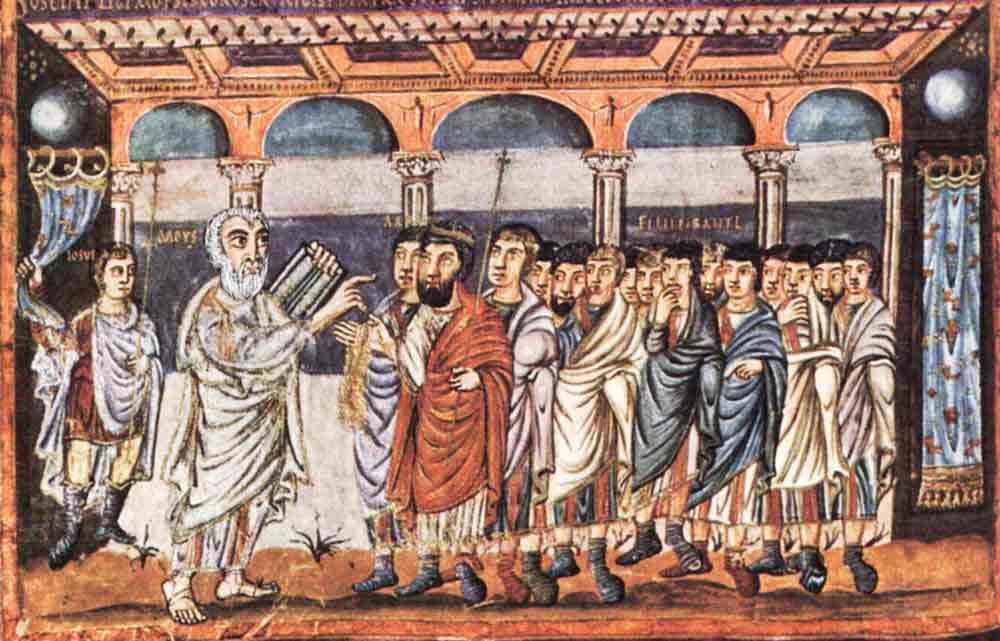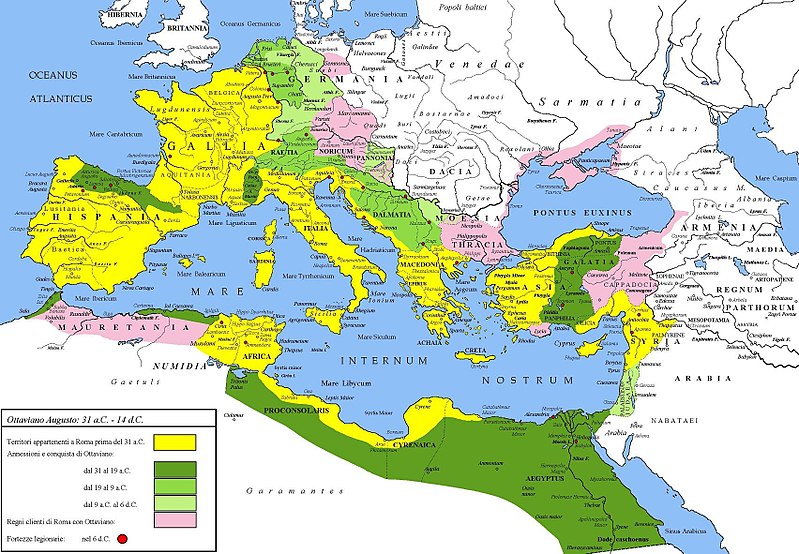“We… hereby declare the establishment of a Jewish State in Eretz-Israel, to be known as the State of Israel” – declared David Ben-Gurion in a solemn voice.
On the 14th of May, 1948, the ceremony commenced with a rendition of ‘Hatikvah’ (later recognized as the national anthem of Israel)following which, Ben-Gurion’s solemn voice was heard reading out the declaration of the establishment of the Jewish State.

Later, the designated signatories signed the declaration. Once again, the Israel Philharmonic Orchestra played ‘Hatikvah’, and Ben-Gurion declared that the event had concluded.
It was in the land where Judaism took birth, the land that the Jews believed none other than God had promised to them, in the very land that had given the gift of the Bible to the world, the land to which the Jews had waited to return, not for one or two but for a staggering two thousand odd years that the ‘Jewish State’ of ‘Israel’ had taken birth.
A gush of emotions -of gratitude towards God, of the joy of achieving the goal that they had pursued through so many generations along with a generalized overwhelming feeling – surged from the hearts and streamed from the eyes in the form of the tears of joy of all the invitees present at the museum hall in Tel Aviv.
Not just inside the hall but outside too of course, the atmosphere was spellbound because despite the level of secrecy maintained about the ceremony and the attendance being ‘by invitation only’, the news had gradually spread among the Jews by way of hushed whispers and murmurs under the breath. And thus, hordes of the Jews had slowly begun gathering outside the venue.
The whole event was recorded and broadcasted live on the Israeli radio.
In the meanwhile, a drama was unfolding in New York. The UN had convened a meeting to discuss the future of Jerusalem. Three resolutions to the effect that Jerusalem not be made a part of either an Arab or a Jew state but be kept independent under the control of the United Nations tabled at short intervals were rejected. The first resolution was presented by Guatemala, the second by Australia and the third by none other than the United States. It was due to the staunch opposition by the Arab member states, who wanted Jerusalem to be a part of the Arab nation that all the resolutions met with rejection.
By then it was six pm local time in New York passed midnight in Palestine, which meant the end of the official British Mandate. The representative of Iraq sprung up to bring this fact to the notice of the assembly. With the expiry of the British Mandate, the United Nations had lost the right to take a decision on Jerusalem. As a result, the fate of Jerusalem now rested in the hands of the Jews and the Arabs in the land of Palestine… and that too by way of an unavoidable conflict!
The Jews were already aware of the inevitability and the dreadfulness of the clash as the ceremony of the declaration of the establishment of the State of Israel had been accompanied by a very unusual kind of background music so to say – the sounds of gunfire and on-going shelling at some distance from the venue! The conflict between the Jews and the Arabs in the land of Palestine was far from over; it continued to rage.
However, the Jews were clearly one up over the Arabs. They conquered several key cities like Haifa and frightened, the Arab population fled from these places. The Deir Yassin attack had successfully instilled for the Jews in the minds of the local Arabs who ran for dear life when any city or a village they lived, came under an attack from the Haganah. Contrarily, at many places, it so happened that the Arab militias pushed out the local Arabs from vantage positions and sensitive areas in the various villages and asked them to take shelter elsewhere so that they could create their military bases.
By May 1948, the number of displaced Palestinian Arabs reached 300 thousand. The figure further rose to 700 thousand in the following months. Many of them took refuge in the neighbouring Arab nations of Lebanon, Transjordan, Syria, Egypt, Iraq, etc. However, hoping for the normalization of the conditions soon, many preferred taking shelter elsewhere in the land of Palestine itself. Such shelters primarily mushroomed in the ‘West Bank’ and the ‘Gaza Strip’. The Palestinian Arabs bore a fixation in their minds that the forces of the Arab League nations would soon attack the Jews and destroy them and that upon their victory, they could return to their villages.

Aware of all these circumstances, within just half an hour of the reading of the declaration of the establishment of the State of Israel, David Ben-Gurion announced the closure of the ceremony. There was no time for celebrations! The event over, he headed straight for the Israeli military headquarters to discuss the possible repercussions and after-effects of the declaration.
Though the United States had asked to temporarily shelve the decision of the partition, considering the turbulent conditions in Palestine, the Jewish efforts continued to secure the support of the United States at the diplomatic level. The Israeli leader Chaim Weizmann got in touch with the US President Harry Truman and presented the side of the Jews before him. He had managed to win Truman’s support for the proposed Jewish State.
As a result, after Ben-Gurion made the declaration of the establishment of the State of Israel and within just 11 minutes (at 00:11 am) of the end of the British Mandate, the United States gave a de facto recognition to Israel. In this case, Truman’s exceptional decision was an act in accordance with his inner voice although it was contrary to the opinion of most of his political and diplomatic advisors.
Iran, Guatemala, Iceland, Nicaragua, Romania and Uruguay followed suit in giving their immediate but a de facto recognition.
On the 17th of May 1948, the Soviet Union became the first country to officially recognize (‘de jure’) Israel as a ‘nation’. Czechoslovakia, Yugoslavia, Ireland, South Africa and Poland followed in the footsteps of the Soviets.
However, David Ben-Gurion, who had made it to the Israeli military headquarters immediately after concluding the declaration ceremony, had no time even to rejoice. He had got information about a plan of the Arab nations to attack the Jews soon after the official end of the British Mandate. And that was exactly what happened!….Suddenly at night, war sirens began to blare.
In the night of 14-15 May and after the expiry of the British Mandate, the five Arab nations of Lebanon, Transjordan, Syria, Iraq and Egypt declared war on Israel, the new Jew nation. It came to be known as the ‘1948 Arab-Israeli War’ and is believed to be the next stage of the Arab-Jew Civil War on-going since 1947.
The young Jewish Nation, right since its birth, has constantly had to face some conflict or the other, of which the ‘1948 Arab-Israeli War’ was the first.(To be continued…)
















